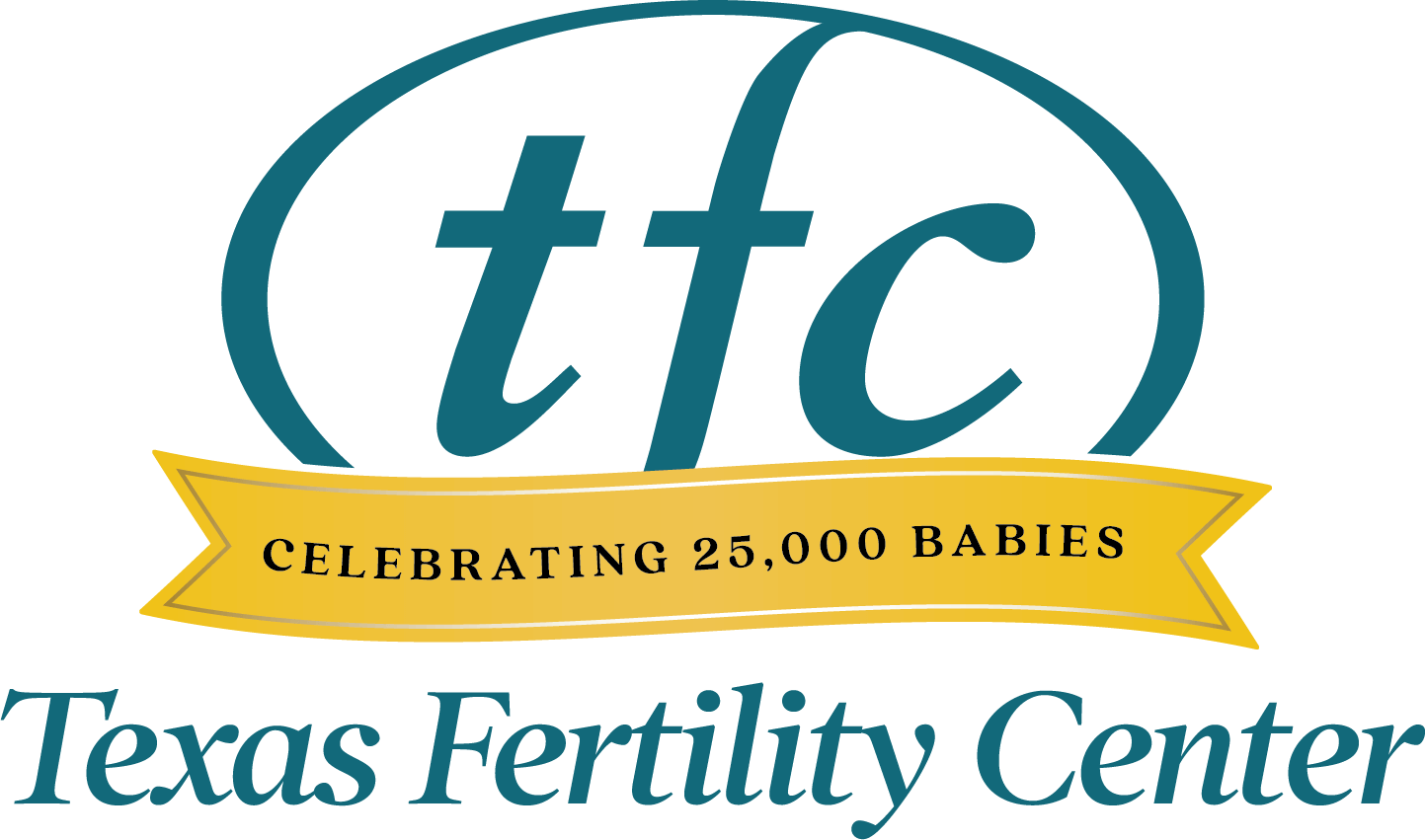
Adding assisted hatching to an IVF cycle can boost success rates
Patients often find that the world of reproductive medicine has many unfamiliar terms. Assisted hatching is just one of them. The embryologists at Texas Fertility Center (TFC) can perform this procedure as part of in vitro fertilization (IVF). The goal is to boost the likelihood of fertilization in the laboratory and increase the odds of achieving a successful pregnancy. Our New Braunfels IVF doctor, Susan Hudson MD, can help you determine whether this IVF add-on is right for you.
What is assisted hatching?
This laboratory procedure occurs as part of the fertilization stage of an IVF cycle. During fertilization, our embryologists combine eggs and sperm, either by placing them in a petri dish together or using intracytoplasmic sperm injection (ICSI). Fertilization occurs when the sperm penetrates the egg.
Over a period of a few days, the fertilized eggs grow into embryos, which our New Braunfels IVF doctor can transfer to the uterus to achieve pregnancy.
Each embryo is surrounded by a protective shell (zona pellucida). As the embryo grows, it should naturally break out of this shell so that it can expand and implant in the uterine lining (endometrium). However, in some cases, Dr. Hudson may ask the embryologists to aid in this process by using assisted hatching. This involves making a small hole in the zona pellucida by using one of the following techniques.
- Some laboratories may use an acid solution to melt a hole in the embryo’s shell.
- Our lab and many others use a different method, which involves utilizing a laser.
Embryologists are careful when using either technique. As a result, the risk of damaging the embryo is very low.
Who can benefit from this laboratory procedure?
Assisted hatching isn’t right for all patients undergoing IVF. However, some studies have suggested that certain patients can benefit from this technique.
- Women who have experienced previous IVF failure
- Patients who want to include preimplantation genetic testing (PGT) in their cycle
- Intended parents who may have a poorer prognosis
If you fall into any of these categories, our New Braunfels IVF doctor can help you determine whether you should consider this laboratory procedure. She will discuss the risks and benefits as they apply to your unique situation and family-building goals.
Contact us if you would like to learn more about this IVF add-on service or if you’d like to schedule an appointment. Dr. Hudson can help you determine which fertility treatments will be the most likely to help you welcome a healthy baby.



